Recently updated on July 31st, 2023 at 02:35 pm
As a new normal of enhanced hygiene procedures settles upon the world, airlines have stepped up to do their part to help keep travellers safe and stop the spread of the coronavirus. Many airlines have introduced extra precautions to keep their plane cabins as clean as possible, including HEPA air filters and deep sanitisation processes like ‘fogging’. Read on to find out how airlines clean the planes, and how you can stay germ-free on your next flight.
The usual plane cleaning procedure
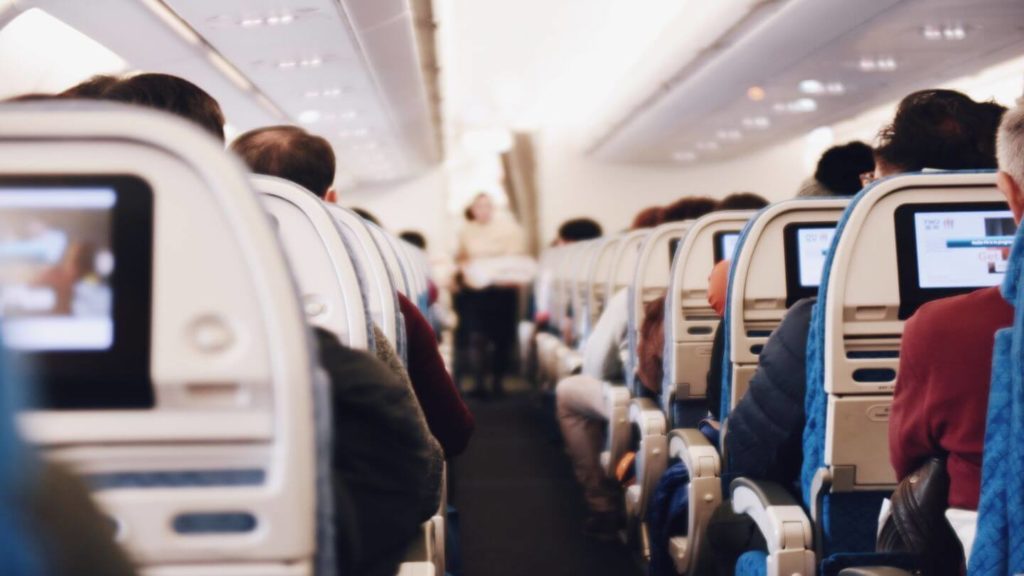

Before the COVID-19 pandemic hit the world, airlines would have different cleaning procedures for the aircraft, depending on the turnaround times between each flight. This usually involved wiping down surfaces with disinfectant, picking up rubbish and changing linens. International flights have a more detailed cleaning procedure since there’s more time between flights to clean the cabin. American Airlines says their international aircraft receive a “detailed 30-point cleaning package each day”.
Airlines also give the planes a deeper clean when they’re finished flying each day. This includes wiping down trays, seats, overhead bins and toilets with high-grade disinfectants. American airline Southwest, says they spend more than six hours cleaning each aircraft every night, while most airlines remove aircraft from flight rosters every four to six weeks for a thorough scrub.
RELATED CONTENT: 6 airplane etiquette habits that are even more important right now
How do airlines clean the planes after COVID-19?
Extra sanitising
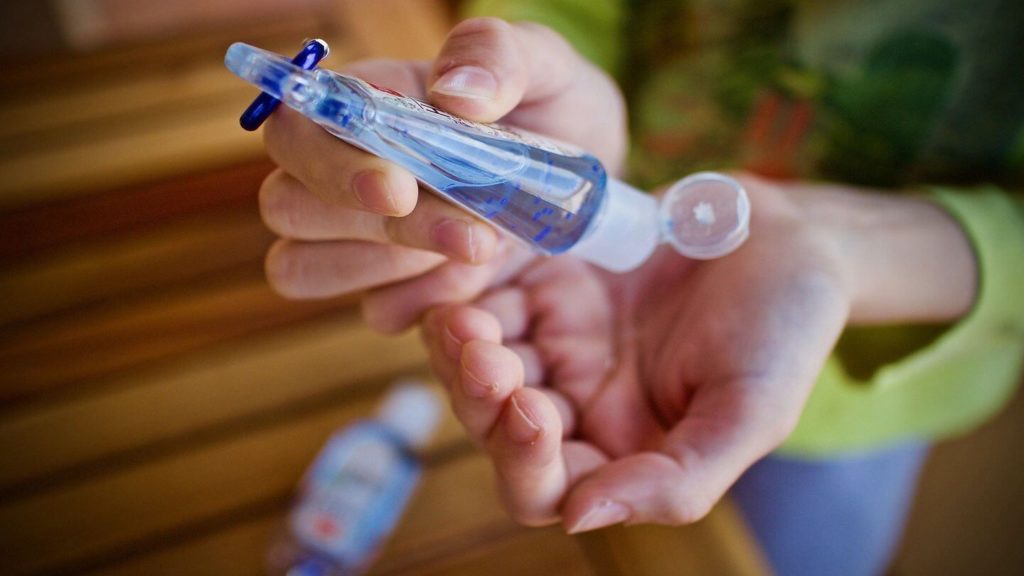

In the wake of COVID-19, most airlines have adopted rigorous new cleaning procedures, with guidance from the World Health Organisation and government health advisories.
Australian airline Qantas, for instance, has introduced enhanced plane cleaning with a hospital-grade disinfectant effective against coronaviruses. They’re focusing on high contact areas like seats, seatbelts, toilets, air vents and overhead lockers. Southwest Airlines says they disinfect all hard surfaces within the cabin, along with seat and carpet cleaning.
Hong Kong airline Cathay Pacific is taking extra precautions on their aircraft when there is a confirmed case of coronavirus. This includes disinfecting all surfaces, carpets and galley equipment, replacing all seat covers, detailed cleaning of the bathrooms, replacing air filters and sterilising the water system.
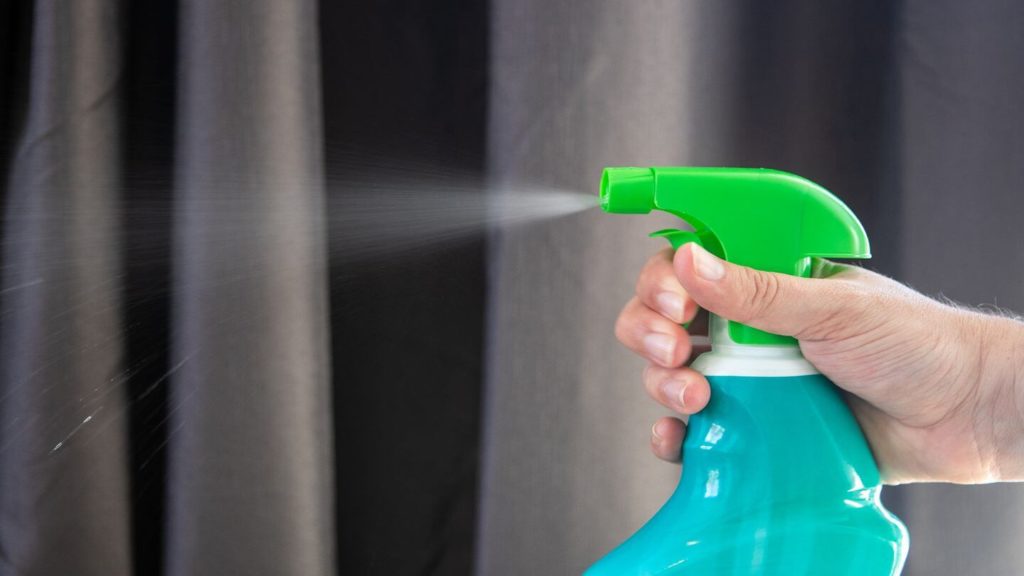

Cathay Pacific has also temporarily stopped providing pillows, blankets, hot towels and magazines on flights to and from mainland China. Qantas has echoed this move and temporarily reduced their food and beverage service and removed inflight entertainment on their domestic flights.
Many airlines are also offering passengers face masks, hand sanitiser and antibacterial wipes in-flight so you can wipe down your own area for extra peace of mind. Emirates, for instance, is providing a complimentary hygiene kit to passengers which include masks, gloves, antibacterial wipes and hand sanitiser.
RELATED CONTENT: How to stay germ-free when travelling
High-grade air filters
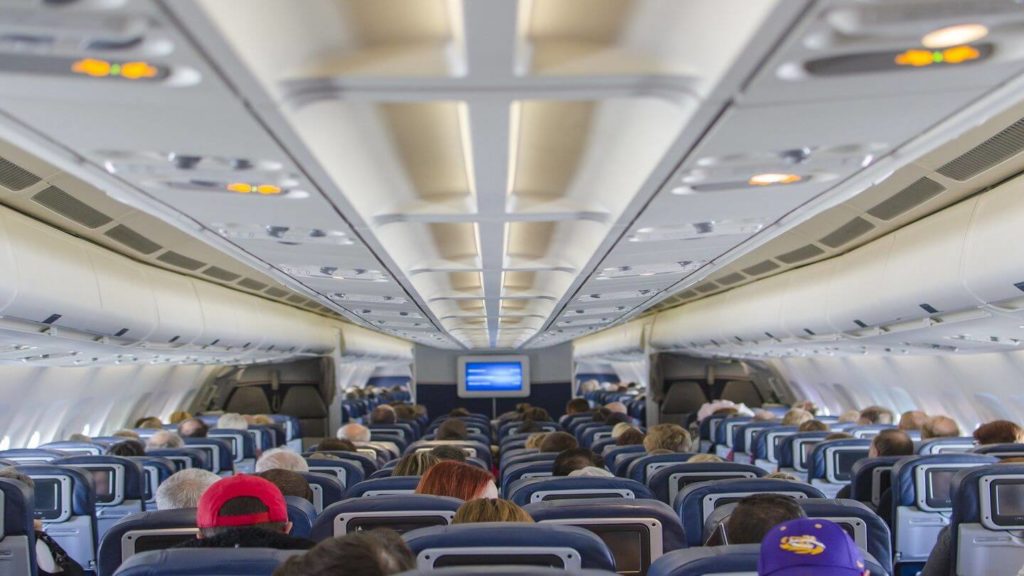

Most airlines including Qantas and all US airlines have their aircraft fitted with High-Efficiency Particulate Air filters, called HEPA filters. The filters remove 99.7% of airborne particles including viruses and hospital operating rooms use the same filtration system.
Many of the filters actually draw in new air from outside the plane. The systems completely replace the air in the cabin every two to five minutes, so you can be sure you won’t be sitting in a tube of the stale air on your flight. In fact, your risk of catching an airborne disease on a plane is lower than in many other confined spaces thanks to the filters.
However, the real culprit is the extremely dry air in the cabin. The low humidity dries out your mucous passages in your nose, mouth and throat, making it easier to catch an airborne disease. You should drink as much water as possible and use a nasal spray to help your mucous passages stay moist.
Airplane fogging
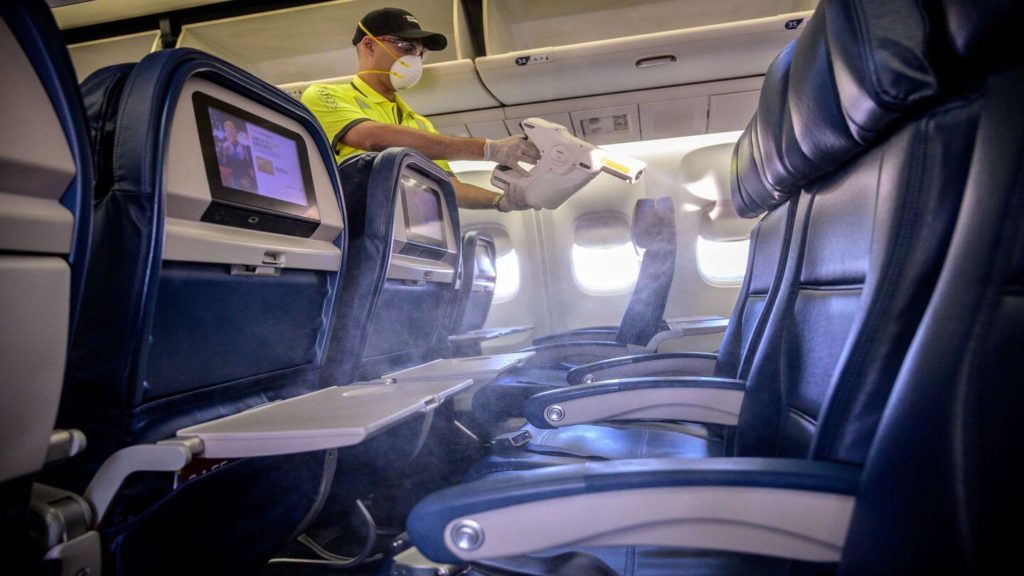

Ever wondered how clean is the airplane? You might have more peace of mind with this new cleaning method. Some airlines are rolling out a ‘fogging’ process on their aircraft. This means they spray a high-grade disinfectant through a fog machine which aerosolises the disinfectant and coats the air. The disinfectant sticks to all surfaces in the cabin as soon as it’s applied. This includes the seats, trays, ceiling, floors, bathrooms, galleys and crew rest areas and it’s highly effective in removing germs and bacteria, including coronaviruses.
Delta has been using a fogging process on flights arriving in the US from Asia since February. They’ve since extended the procedure to all trans-Pacific arrivals and flights from Italy to the US. United Airlines is also introducing a similar process on international flights arriving into its US hubs and Guam.
RELATED CONTENT: How to prioritise your health and wellbeing on your next trip
Cabin crew hygiene
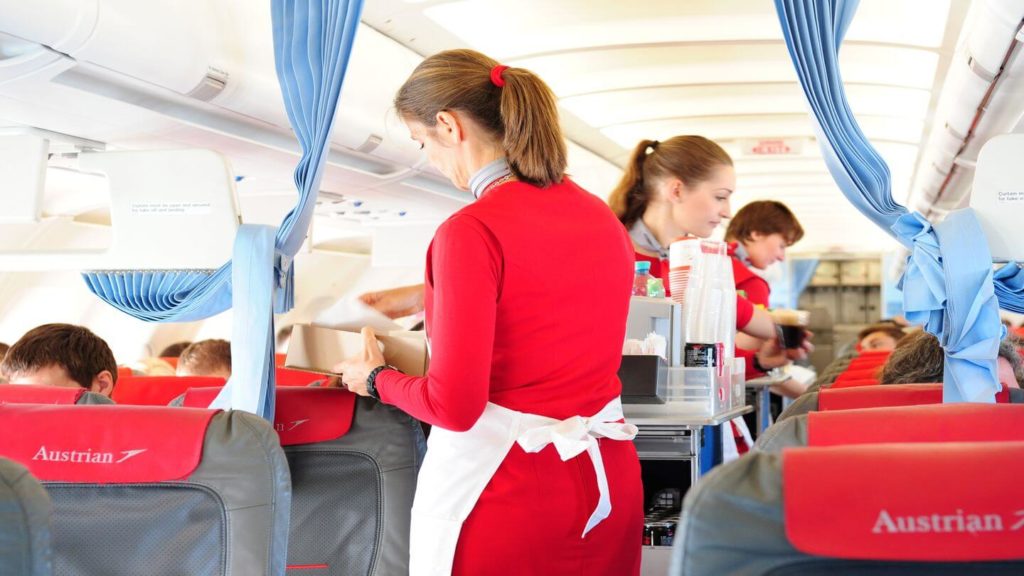

Most airlines now require their flight attendants to wear medical-grade masks and gloves while serving passengers. They’re taking extra precautions like giving passengers new cups for drink refills and removing hot towels.
They’re also sanitising food service and galley equipment more often. United Airlines sanitises all their dishes, cutlery, glassware and tableware before they wash them. Delta and American Airlines sanitise all galley carts and disinfect linens and headphones separately. They also throw out any unused supplies after landing.
New technology
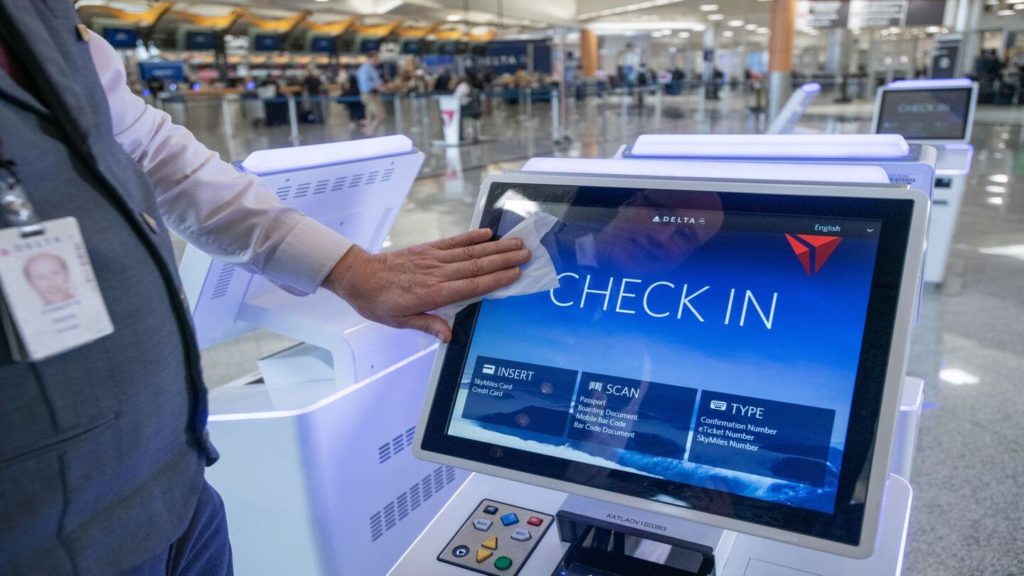

Many airlines are using technology to help stop the spread of the coronavirus and keep their planes clean. Most airlines have introduced contactless check-in procedures and electronic boarding passes, while some are even introducing medical screening technology. Emirates has been conducting on-site COVID-19 testing for passengers, while Etihad Airways will trial self-service devices to screen for medical conditions.
As we navigate a new world in the wake of COVID-19, we can all take steps to help the airlines keep the planes clean. Always wash your hands, keep your physical distance and wear a face mask if you’re sick. Most importantly, you should always stay home if you are feeling unwell.
Read Trafalgar’s wellbeing and hygiene policy to understand what practices we are implementing on our trips to help give you peace of mind when you travel with us.